CARB approves 2022 Scoping Plan; aggressive targets for reductions in petroleum use, air pollution and greeenhouse gas emissions
Green Car Congress
DECEMBER 19, 2022
The California Air Resources Board last week approved the final proposed 2022 Scoping Plan ( earlier post ), a roadmap to reduce demand for petroleum by 94%, cut air pollution by 71%, reduce greenhouse gas emissions 85%, and reach carbon neutrality by 2045. Fuels: the energy source used to power vehicles and the facilities that produce them.


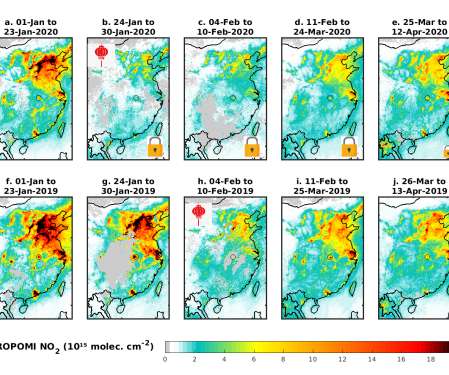



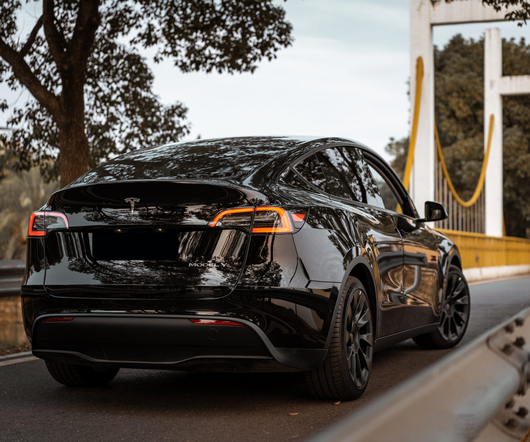

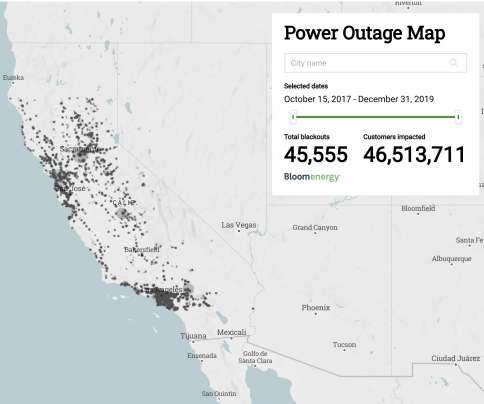

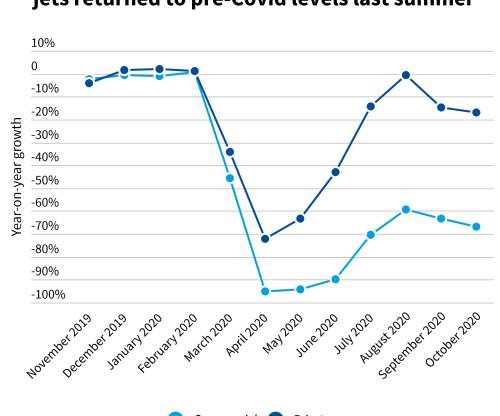









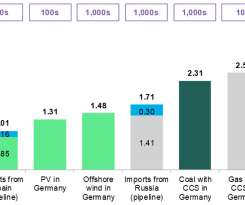


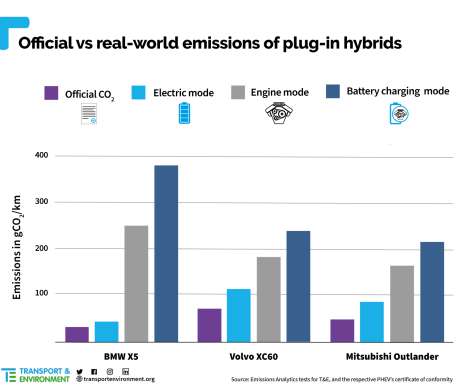

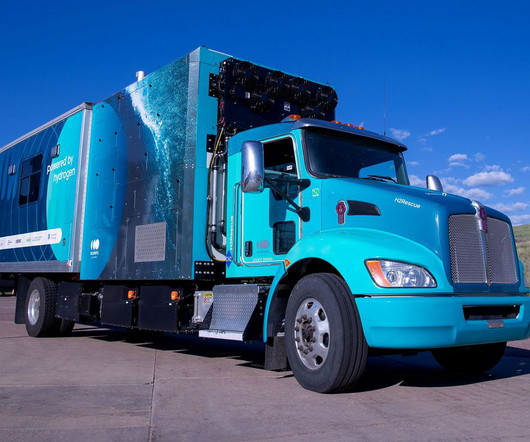




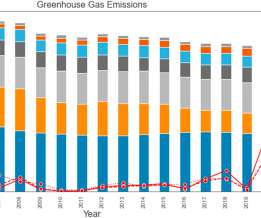






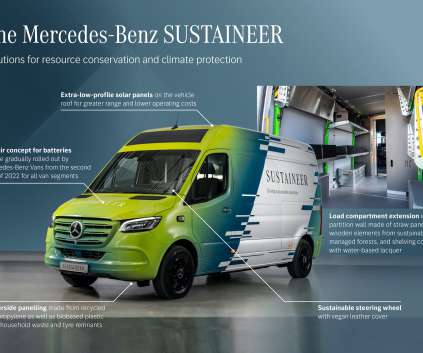
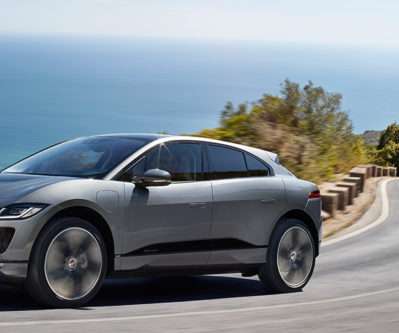







Let's personalize your content